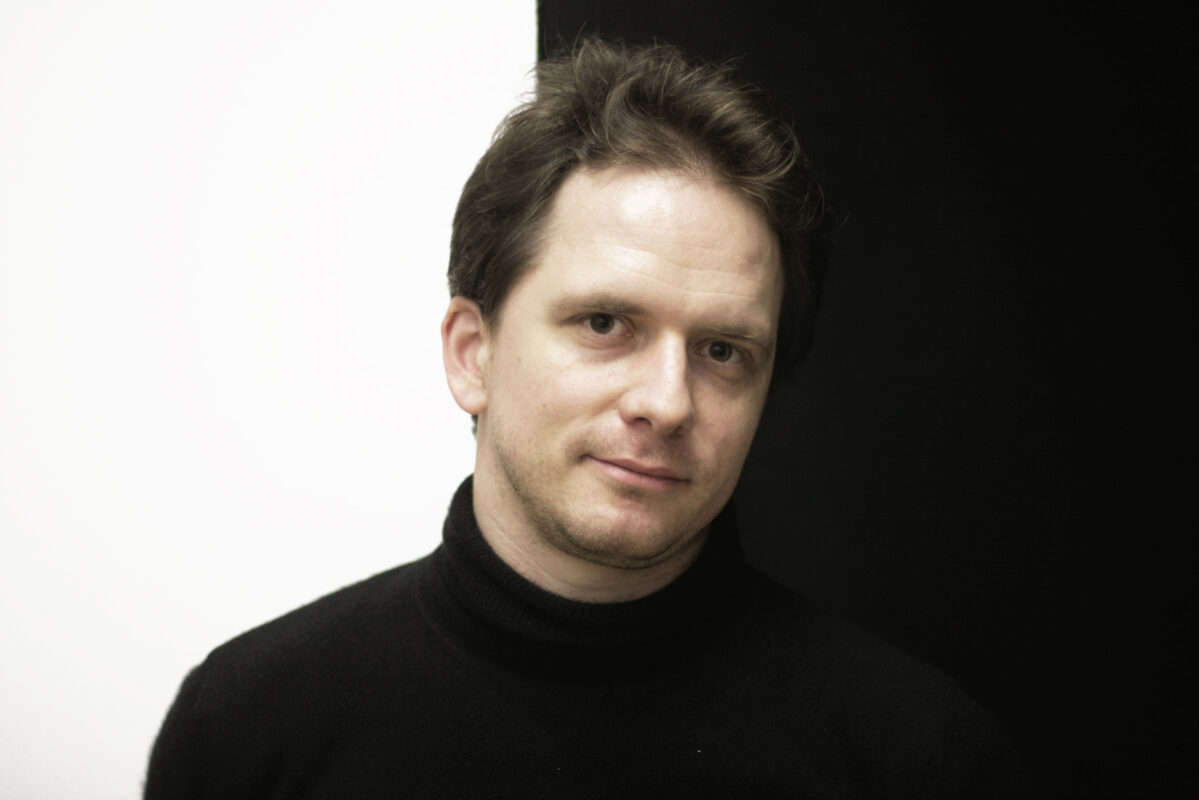Overture "The Consecration of the House
Every Friday, Beethoven is here. To mark the 250th anniversary of Beethoven's birth, each week the Swiss Music Review takes a look at a different work from its catalog. Today, for the overture "The Consecration of the House".

It's not just since the end of the 20th century that theaters, concert halls and opera houses have been built or renovated. For example, Vienna's old Josefstadt Theater, which had become too small in the early 19th century, was demolished and replaced in 1822 by a new building, which still exists today and has been enlarged in the meantime. To celebrate its inauguration on October 3, 1822, Carl Meisl (1773-1853) created a play, described in its printed edition as a "work of circumstance". Beethoven set it to music, taking passages from his score for The Ruins of Athens op. 113 (1811), to which, at the request of theater director Karl Friedrich Hensler (1759-1825), he added a new overture. He also took the podium at the premiere - whether he actually conducted remains an open question, according to an account by theAllgemeine musikalische Zeitung from Leipzig: "The master conducted himself; however, as he could not trust his unfortunately still impaired hearing, the Kapellmeister [Franz Joseph] Gläser [1798-1861] was at his side to pass on his instructions to the orchestra, also newly created. Strangely, the two beat time in sometimes very different ways. Nevertheless, everything went very smoothly.
The overture was also performed on August 4, 1824, at the inauguration of the Königstadt Theater in Berlin; Carl Wilhelm Henning had acquired a copy of Beethoven's work during a visit to Vienna. The composition, which audibly echoes Handel's musical ideas, seems tailor-made for such occasions. But there was a misunderstanding at the time: while Beethoven assumed it would be performed only once, Henning thought he had acquired the work as a whole, and published a reduction for piano four hands at the end of 1824. Beethoven was annoyed by this, and on one copy expressed his displeasure, describing it as "mutilated". A request to halt sales of this edition was not complied with in Berlin, so Beethoven and his publisher went on the offensive with a "warning" and repeatedly published a correction: "I consider it my duty to warn the musical public that there exists a false and incomplete reduction for piano 4 hands of my last Overture, published by Trautwein in Berlin under the title: Festouverture by L. v. B.., all the more so as reductions for 2- and 4-hand piano, written by Mr. Carl Czerny and entirely faithful to the original score, will soon appear in the only legitimate edition, published by B. Schott's Söhne. Schott's Söhne in Mainz". - A denial which is still remarkable today, and which also underlines the extraordinary quality of the composition: the fact that they were quarrelling publicly shows that the publishers hoped to make a considerable profit from sales.
Aufnahme auf idagio
Keeping in touch
A weekly newsletter reveals the latest column on line. You can subscribe by entering your e-mail address below, or by subscribing to our RSS feed.








